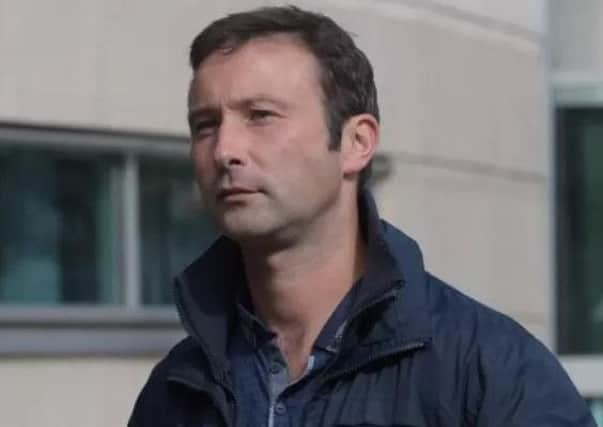Ben Lowry: Bail scandal indifference suggests we are not all agreed that dissident terror is a serious matter


But even against a backdrop of political turmoil there ought to have been much more interest in the saga.
If it had happened in Great Britain it would have been leading the national news. The prime minister would have spoken to the nation. The home secretary might have quit.
Advertisement
Hide AdAdvertisement
Hide AdPolice chiefs would also be under pressure to resign. An inquiry would be under way.
There has been no such reaction here.
The News Letter’s coverage of the disgraceful saga has been far ahead of everyone else (click here to a story that has a full chronology of the scandal or see below for a full list of links to our coverage).
We had pages on it last Saturday, less than 24 hours after it broke, and have had page after page on it since.
But the overall mild response, of both the media and the criminal justice system, to the fact that this man has been able to abscond leads to some alarming possibilities.
Advertisement
Hide AdAdvertisement
Hide AdIs it the case that there is no real will to tackle the dissident republican terror threat?
Or might it be that we are not all agreed that dissident activity is in fact a serious offence?
Put aside for a moment the fact that it is extraordinary that anyone facing such serious charges can get bail in the first place.
Put aside the fact that someone deemed to be at flight risk had his terms watered down again and again.
Put aside the fact the surety amounts were risibly low.
Advertisement
Hide AdAdvertisement
Hide AdPut aside the fact that McLaughlin, like other people on dissident terror charges, had his terms amended to facilitate his holiday trips.
Put aside the fact that the police not only failed to notice that someone who was supposed to be signing on five days a week had not in fact done so, but failed to notice it for more than five weeks.
And put aside the fact that when it was noticed (December 23), the matter was not brought before a court until January 6 (was this so that relevant police, court and PPS staff could finish their holidays before beginning the tiresome business of launching an international manhunt?).
Put all those serial and grievous failures to one side, and focus merely on the reaction to them.
Advertisement
Hide AdAdvertisement
Hide AdAs said, only the Belfast News Letter was agitated about it last Saturday. We asked a further battery of questions on Sunday – which were met with silence.
In the meantime, no senior police officers were of their own volition scrambling to explain the blunder. The well-staffed BBC was not, it seems, pressuring them for answers (by Monday morning, the BBC website was still only carrying the court report).
And this barely changed until Thursday, when the PSNI, who had phoned our editor to complain about Adam Kula’s dogged questions, gave an interview.
And who did they give it to? The same BBC who were so slack in their initial coverage.
Advertisement
Hide AdAdvertisement
Hide AdThe courts – who have most to explain, given the outrageously lenient decisions – have said almost nothing about it. If there is any embarrassment, they are giving no trace of it.
Claire Sugden finally gave us a basic statement last night, after us reporting her silence day after day.
Why could she not have said as much a week earlier?
• Ben Lowry (@BenLowry2) is News Letter deputy editor
Other News Letter stories on bail scandal:
Advertisement
Hide AdAdvertisement
Hide AdAdvertisement
Hide AdAdvertisement
Hide Ad